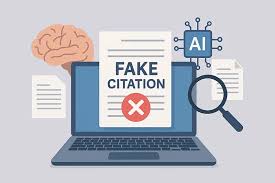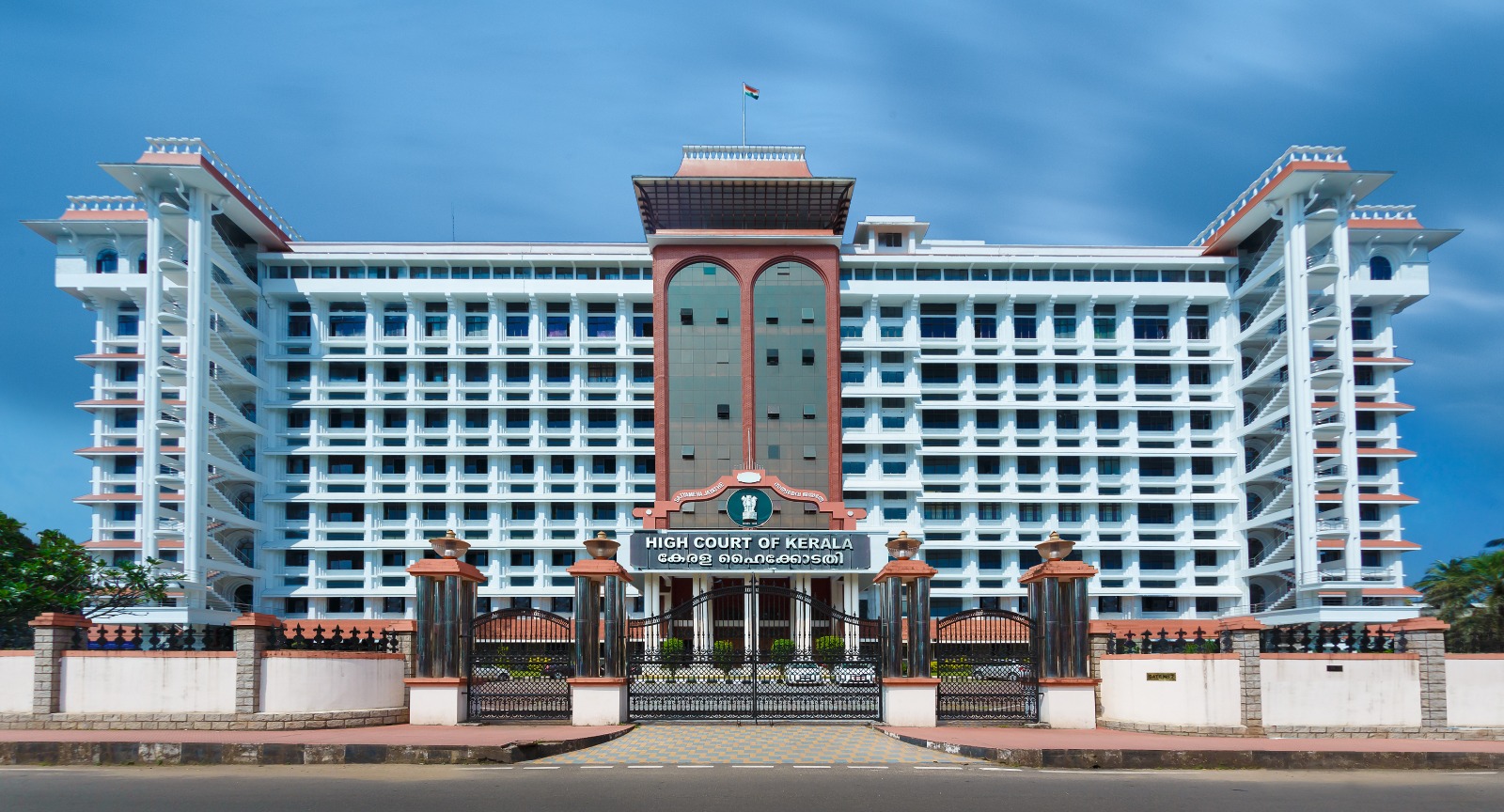Shacheendra Dwivedi and Krishan Mohan Pandey, JJ.@mdashThis appeal is by the claimant, the mother of the deceased, who had preferred a claim petition u/s 110-A of the Motor Vehicles Act before the Claims Tribunal, Bhind.
2. In this appeal the challenge is to the very low quantum of the award passed in her favour. The broad facts of the case would facilitate further discussion on the contentions raised.
3. On 28.5.1973 at about 1.00 p.m., the appellant-claimant''s son, named, Ramesh Chandra alias Chhunnu while driving the scooter and going towards Lehgaon from Bhind was dashed from behind by the truck No. MPH 7905. At the relevant time Hari Babu, PW 4, was the pillion rider. The deceased and Hari Babu were injured in the accident. The deceased having suffered serious injuries died on the spot. The other injured Hari Babu, PW 4, lodged a report with the police and was medically examined. The said truck was owned by respondent No. 1, driven by respondent No. 2 and insured with respondent No. 3. The appellant-claimant alleged that it was due to the rash and negligent driving of respondent No. 2 that the accident occurred. The claimant was solely dependent on the income of her only son, the deceased. With these allegations, the claim petition was filed praying for the grant of an award of Rs. 60,000/- as compensation.
4. The learned Tribunal, on the appreciation of evidence, found that the accident, which resulted in the death of Ramesh Chandra on the spot, was the outcome of the rash and negligent driving of the truck No. MPH 7905 owned by respondent No. 1 and driven by respondent No. 2. In the accident, the injuries were also sustained by Hari Babu, PW 4. The deceased was an electrician and was also a scooter and motor mechanic. He was aged about 25 years. He was also found to be the sole bread-earner of the claimant-appellant.
5. The claimant in this appeal has challenged the findings of the Tribunal only in respect of the low assessment of the income of the deceased, assessed by it at Rs. 250/-per month and her so assessed dependency at Rs. 75/- per month as also of the rate of interest of 6 per cent per annum, allowed by the Tribunal on the early payment of awarded amount. On the above counts, the enhancement of the award of Rs. 18,000/- is prayed with the further prayer of increase in the rate of interest at 12 per cent per annum without any of the conditions.
6. In this appeal, it is contended by the appellant that from the evidence of Vijay Kant, PW 2, Prem Prakash, PW 3, Hari Babu, PW 4, Shyam Babu, PW 7 and from her own version, the income of the deceased could not be assessed less than Rs. 300/- per month, i.e., Rs. 3,600/- per annum.
7. On going through the evidence led by the claimant, we have found much substance in the contention raised. Witness PW 2, Vijay Kant, in para 1 of his statement has deposed that the deceased was working in his shop and was being paid Rs. 10/- to Rs. 20/- per day with the breakfast, tea and the meals. The version of Prem Prakash, PW 3, in para 2 is to the effect that the deceased was earning Rs. 30/- to 50/- per day. The other witness, Hari Babu, PW 4, who was also injured in the accident, stated before the Tribunal that the deceased also used to repair the scooters and his average income was Rs. 400/- to Rs. 500/- per month. Witness Shyam Babu, PW 7 and the claimant herself also deposed similarly.
8. From the evidence on record, there was no basis for the Tribunal to arrive at the finding that the average income of the deceased was Rs. 250/- per month. His income even on the lowest side could not be assessed less than Rs. 300/- per month.
9. Coming next to the question of amount of dependency and compensation, it may be seen that there can be no exact uniform formula for measuring the value of the human life and to set a standard to determine the dependency and quantum of compensation. The law relating to compensation does not expect but directs the court to impart justice within the four corners of law according to the needs of the litigants without the undue weight to the technicalities of law and base its orders on equity.
10. The dependency of the claimant in the instant case on assessment of deceased''s annual average income of Rs. 3,600/-( which was likely to increase with the time and experience, can safely be taken to be at the rate of Rs. 100/- per month, i.e., Rs. 1,200/-per year, since he was the only son of the claimant. The age of the appellant at the time of the death of her only son was about 50 years.
11. The life expectancy of the deceased or of the beneficiaries, whichever is shorter, is taken as an important factor in such cases for the determination of amount of compensation. In view of the family history of the claimant, the longevity of her life can be presumed. In the case of 50 years of the claimant''s age, it is reasonable to apply the multiplier of 15, but in the present case, the application of multiplier of 20 is found to be just and proper as the claimant has already lived for these years. On applying the multiplier of 20, the amount of dependency comes to Rs. 24,000/-. The learned Tribunal has not allowed any amount to the claimant for the loss of love and affection of her only son in her middle age, and on this account, she would be entitled to Rs. 6,000/-. The total amount would, thus, be Rs. 30,000/- and that we hold to be the compensation payable to the claimant-appellant by the respondents.
12. For the foregoing discussion and on an overall view of the matter, particularly when there is no challenge to the findings of the Tribunal by the respondents, we hold that the claimant deserves the award of Rs. 30,000/-.
13. Now, coming to the next question of rate of interest to be awarded to the appellant, regard may be had to the observations made by the Apex Court in
14. In view of the law laid down by the Supreme Court, it will be just and fair in the present facts and circumstances of the case, to award interest to the appellant at the normal rate of 12 per cent per annum on the amount of compensation up to the date of its payment.
15. The appeal is, therefore, partly allowed. The amount of compensation is enhanced to a total of Rs. 30,000/- from Rs. 18,000/- together with the interest payable by the respondents at the rate of 12 per cent per annum from the date of application till the date of its payment, credit being given to payments, if any, made in the meanwhile and the impugned award is set aside to that extent. There shall be no order as to the costs in this appeal.

